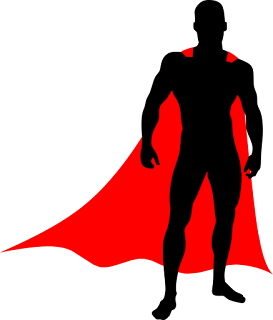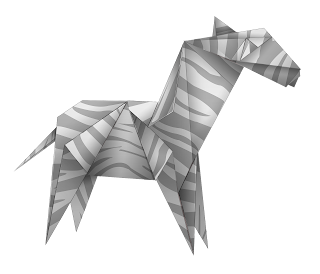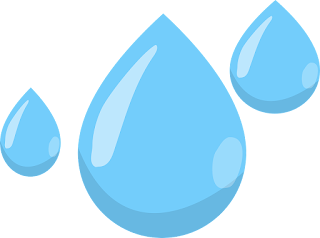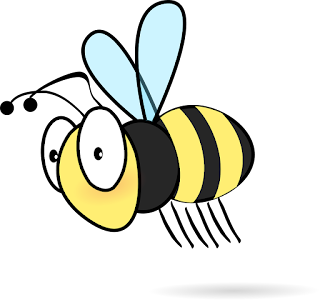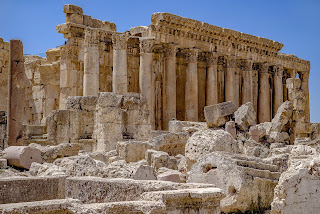The science of sleep
The science of sleep We spend a third of our lives doing it. Napoleon, Florence Nightingale and Margaret Thatcher got by on four hours a night. Thomas Edison claimed it was waste of time. So why do we sleep? This is a question that has baffled scientists for centuries and the answer is, no one is really sure. Some believe that sleep gives the body a chance to recuperate from the day's activities but in reality, the amount of energy saved by sleeping for even eight hours is miniscule - about 50 kCal, the same amount of energy in a piece of toast. With continued lack of sufficient sleep, the part of the brain that controls language, memory, planning and sense of time is severely affected, practically shutting down. In fact, 17 hours of sustained wakefulness leads to a decrease in performance equivalent to a blood alcohol level of 0.05% (two glasses of wine). This is the legal drink driving limit in the UK. Research also shows that sleep-deprived individuals often have diffi...

